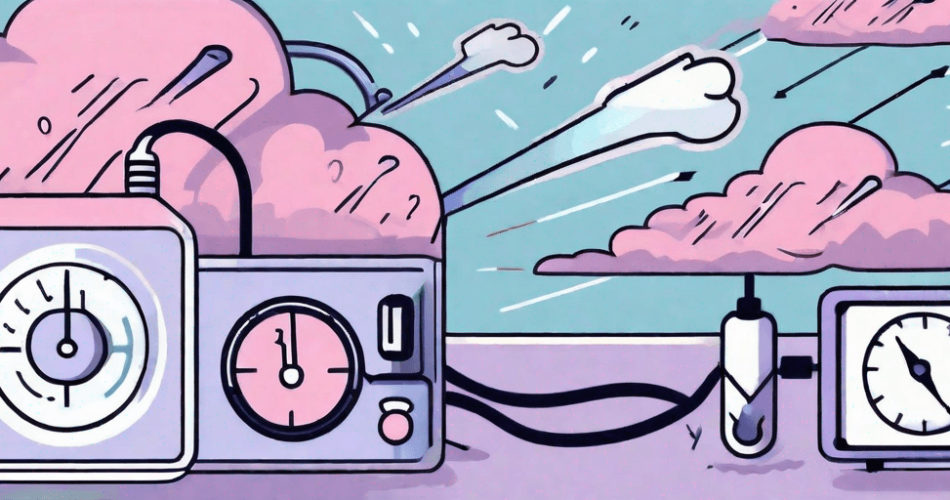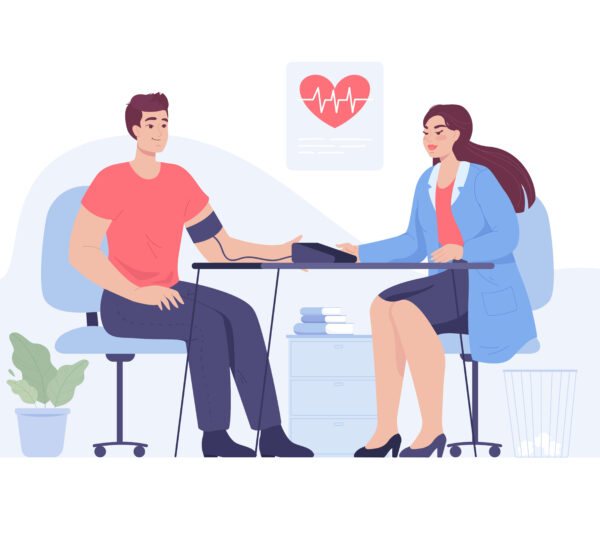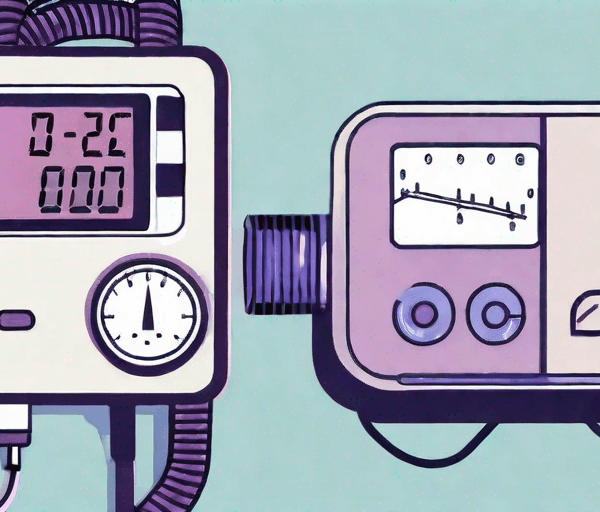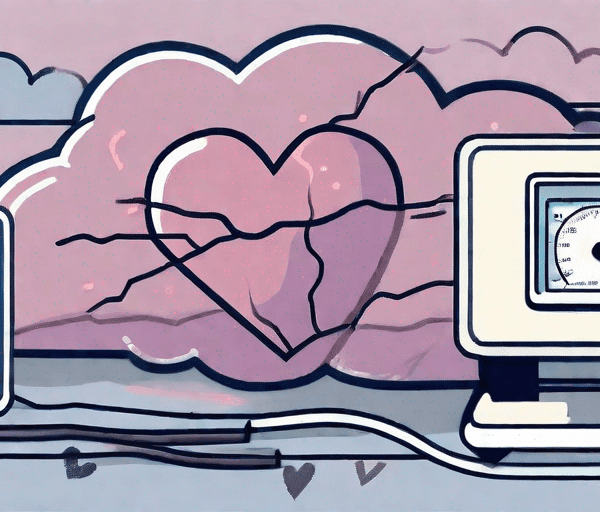High blood pressure, also known as hypertension, is a common condition that affects millions of people worldwide. Despite its prevalence, high blood pressure often goes unnoticed, earning it the title of a “silent killer.” In this article, we will delve into the world of high blood pressure, exploring its causes, symptoms, and the importance of early detection. We will also discuss various management strategies that can help individuals keep their blood pressure under control and mitigate potential health risks.
Understanding High Blood Pressure
High blood pressure, also known as hypertension, is a common medical condition that affects millions of people worldwide. It occurs when the force exerted by the blood against the walls of the arteries is consistently too high. This increased pressure can put a strain on the heart and other organs, leading to various health complications.
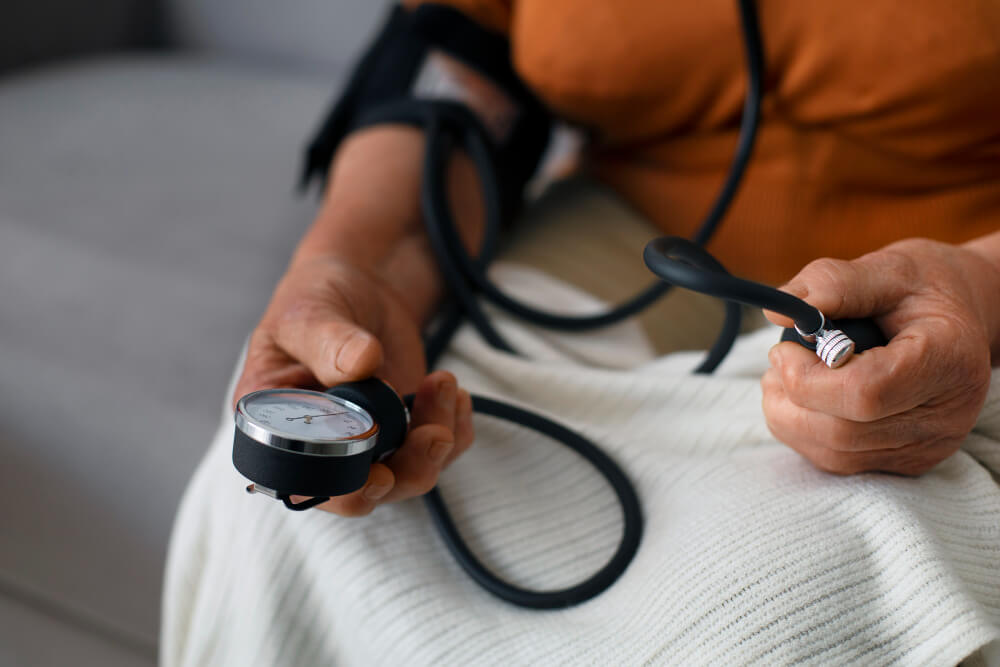
What is High Blood Pressure?
The measurement of blood pressure consists of two numbers: the systolic pressure and the diastolic pressure. The systolic pressure represents the force when the heart contracts, pumping blood out into the arteries. On the other hand, the diastolic pressure is the force when the heart is at rest between beats, allowing the chambers to refill with blood.
When blood pressure is measured, it is expressed as systolic over diastolic, with normal blood pressure being around 110/70 to 130/80 mmHg. However, if the blood pressure consistently exceeds 130/80 mmHg, it is diagnosed as high blood pressure.
Causes of High Blood Pressure
High blood pressure may have various underlying causes, and it is often a result of a combination of factors. One of the primary causes is genetic factors, as individuals with a family history of hypertension are more likely to develop it themselves. Age also plays a significant role, as blood vessels tend to become less flexible and more prone to narrowing as we grow older.
Furthermore, lifestyle factors can contribute to the development of high blood pressure. Obesity, for instance, increases the risk of hypertension as excess body weight puts added pressure on the arteries. A sedentary lifestyle, characterized by a lack of physical activity, can also contribute to high blood pressure.
Dietary habits are another crucial factor. Excessive sodium intake, commonly found in processed foods and fast food meals, can raise blood pressure levels. Additionally, inadequate potassium intake, which is essential for maintaining healthy blood pressure, can also contribute to hypertension.
Certain medical conditions can also lead to high blood pressure. Kidney disease, for example, can impair the body’s ability to regulate fluid and sodium levels, resulting in increased blood pressure. Hormonal disorders, such as Cushing’s syndrome or primary aldosteronism, can also cause hypertension.
Moreover, lifestyle choices can significantly impact blood pressure levels. High-stress levels, often associated with demanding jobs or personal circumstances, can contribute to the development of hypertension. Smoking, too, is a risk factor for high blood pressure, as the chemicals in cigarettes can damage blood vessels and increase the risk of plaque buildup.
In conclusion, high blood pressure is a complex medical condition that can have various underlying causes. Understanding the factors that contribute to hypertension is crucial for its prevention and management. By adopting a healthy lifestyle, managing stress levels, and seeking medical guidance, individuals can take proactive steps to maintain optimal blood pressure levels and reduce the risk of associated health complications.

The Silent Nature of High Blood Pressure
Why is High Blood Pressure Called a ‘Silent Killer’?
High blood pressure often has no obvious symptoms, which is why it is often referred to as a “silent killer.” This means that individuals can unknowingly live with elevated blood pressure for years, without experiencing any noticeable signs. However, even without symptoms, the damage caused by high blood pressure can silently progress, leading to serious health complications.
When blood pressure remains consistently high, it puts strain on the arteries and organs throughout the body. Over time, this strain can lead to the development of atherosclerosis, a condition characterized by the buildup of plaque in the arteries. As plaque accumulates, the arteries become narrow and rigid, restricting blood flow to vital organs such as the heart, brain, and kidneys.
Without proper blood flow, these organs may not receive the oxygen and nutrients they need to function optimally. This can result in a range of health problems, including heart disease, stroke, kidney problems, and vision loss. The insidious nature of high blood pressure lies in the fact that these complications may not manifest until significant damage has already occurred.
The Dangers of Undiagnosed High Blood Pressure
If left undiagnosed and untreated, high blood pressure can significantly increase the risk of various health issues, including heart disease, stroke, kidney problems, and vision loss. Since the symptoms may be absent or subtle, individuals may not seek medical attention until severe complications arise, making early detection vital for prevention.
Regular blood pressure screenings are essential for identifying high blood pressure before it causes irreversible damage. By monitoring blood pressure levels, healthcare professionals can intervene early with lifestyle modifications and medication if necessary. Lifestyle changes such as adopting a healthy diet, engaging in regular physical activity, managing stress, and avoiding tobacco and excessive alcohol consumption can help lower blood pressure and reduce the risk of complications.
Furthermore, it is important to raise awareness about the potential dangers of high blood pressure and encourage individuals to prioritize their cardiovascular health. Education campaigns and community initiatives can play a crucial role in promoting regular check-ups, healthy lifestyle choices, and early intervention.
In conclusion, high blood pressure may be silent, but its impact on health can be devastating. By understanding the hidden dangers of this condition and taking proactive measures to manage it, individuals can protect themselves from the potentially life-threatening consequences associated with untreated high blood pressure.
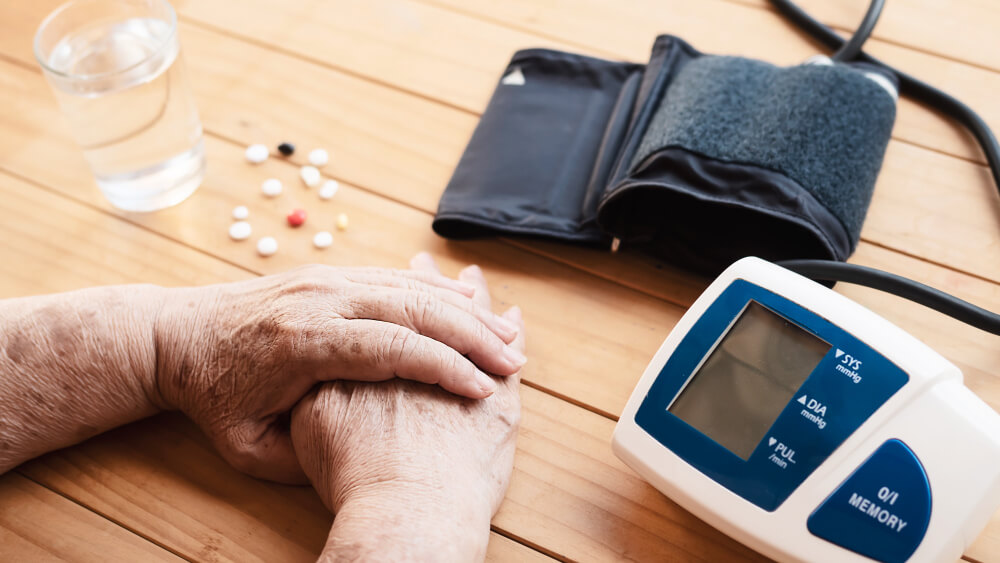
Recognizing High Blood Pressure Symptoms
High blood pressure, also known as hypertension, is a condition that affects millions of people worldwide. It occurs when the force of blood against the walls of the arteries is too high, putting strain on the cardiovascular system. While high blood pressure is often referred to as the “silent killer” due to its lack of noticeable symptoms, there are certain signs that may indicate its presence.
Common Symptoms of High Blood Pressure
In certain cases, individuals with high blood pressure may experience symptoms such as frequent headaches, dizziness, blurred vision, chest pain, shortness of breath, or nosebleeds. These symptoms can be alarming and may prompt individuals to seek medical attention. However, it is important to note that these symptoms can also be attributed to other underlying conditions, such as stress or fatigue.
Headaches, for example, are a common complaint among many individuals. They can be caused by various factors, including tension, dehydration, or sinus problems. Therefore, it is crucial not to jump to conclusions and assume that every headache is a result of high blood pressure. Regular check-ups and blood pressure monitoring are crucial for accurate diagnosis.
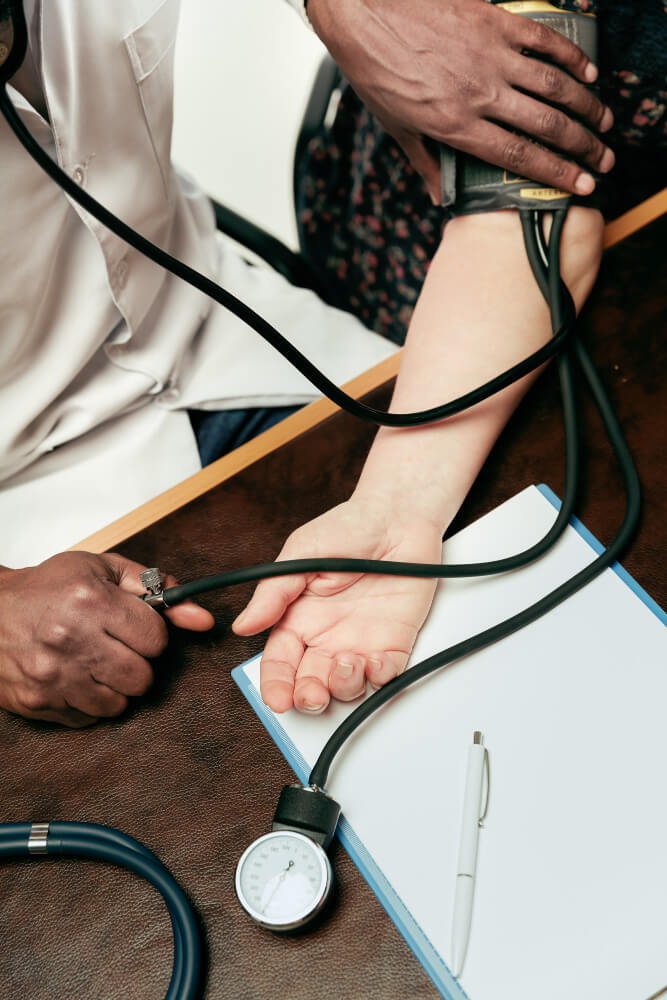
Unusual Symptoms You Shouldn’t Ignore
Although high blood pressure typically does not present noticeable symptoms, there are some less common signs that should not be disregarded. These symptoms may be indicative of underlying health issues and require further evaluation.
One such symptom is sleep disturbances. Individuals with high blood pressure may experience difficulties falling asleep or staying asleep throughout the night. This can lead to feelings of fatigue and exhaustion during the day, impacting their overall quality of life.
Difficulty concentrating is another unusual symptom that may be associated with high blood pressure. Individuals may find it challenging to focus on tasks, remember information, or make decisions. This can be frustrating and may affect their productivity in various aspects of life, including work and personal relationships.
An irregular heartbeat, also known as arrhythmia, is another symptom that should not be ignored. High blood pressure can cause the heart to work harder, leading to an irregular rhythm. This can be detected by monitoring your pulse or through an electrocardiogram (ECG). If you notice any irregularities in your heartbeat, it is essential to consult a healthcare professional for further evaluation and guidance.

The Importance of Regular Check-ups
Regular check-ups are essential for maintaining optimal health and preventing potential health issues. One crucial aspect of regular check-ups is monitoring blood pressure. By keeping track of your blood pressure readings, healthcare professionals can detect any abnormalities and take necessary actions to prevent complications.
How Often Should You Check Your Blood Pressure?
It is generally recommended to have your blood pressure checked at least once every two years if your readings are within the normal range (less than 120/80 mmHg). However, certain factors may warrant more frequent monitoring. For instance, if you have been diagnosed with high blood pressure or have a family history of hypertension, your doctor may recommend more regular check-ups to closely monitor your condition.
Regular blood pressure checks are especially crucial for individuals with hypertension as they help in assessing the effectiveness of their current treatment plan and making necessary adjustments if needed.
The Role of Regular Check-ups in Early Detection
Regular check-ups play a vital role in the early detection of high blood pressure. By monitoring your blood pressure on a regular basis, healthcare professionals can identify any potential abnormalities and implement interventions before complications arise.
Early detection allows for timely lifestyle changes, such as adopting a healthy diet, increasing physical activity, and reducing stress levels. These lifestyle modifications can significantly lower blood pressure and reduce the risk of developing cardiovascular diseases.
In addition to lifestyle changes, early detection of high blood pressure also enables healthcare professionals to initiate appropriate medication and treatment options if necessary. By starting treatment early, the progression of hypertension can be slowed down, reducing the risk of complications such as heart attacks, strokes, and kidney problems.
Regular check-ups also provide an opportunity for healthcare professionals to educate patients about the importance of maintaining a healthy lifestyle and managing their blood pressure. They can provide guidance on dietary choices, stress management techniques, and the benefits of regular exercise.
Furthermore, regular check-ups allow for ongoing monitoring of blood pressure trends over time. By comparing previous readings with current ones, healthcare professionals can assess the effectiveness of treatment plans and make any necessary adjustments to ensure blood pressure remains under control.

Managing High Blood Pressure
Lifestyle Changes for Blood Pressure Control
For individuals with high blood pressure, lifestyle modifications can help effectively manage the condition. These changes may include adopting a balanced diet rich in fruits, vegetables, whole grains, and lean proteins, reducing sodium intake, engaging in regular physical activity, maintaining a healthy weight, managing stress levels, limiting alcohol consumption, and quitting smoking.
Medication and Treatment Options for High Blood Pressure
In some cases, lifestyle modifications alone may not be sufficient to control high blood pressure. When necessary, healthcare professionals may prescribe medication to help lower blood pressure. There are several types of medications available, including diuretics, beta-blockers, ACE inhibitors, angiotensin II receptor blockers (ARBs), and calcium channel blockers. The choice of medication depends on individual factors and may require periodic adjustments.
Conclusion
In conclusion, high blood pressure is a common condition with potentially severe consequences if left undiagnosed and untreated.
Despite its silent nature, understanding the symptoms, regular check-ups, and adopting healthy lifestyle habits are essential for preventing complications related to high blood pressure. By taking proactive steps to manage this condition, individuals can safeguard their long-term health and well-being.
Talk with your doctor today on NowServing and take control of high blood pressure.
